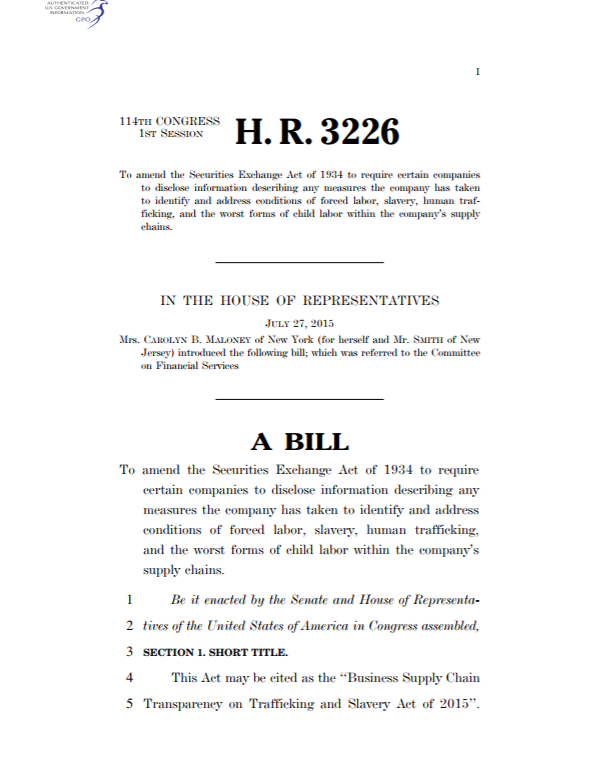Legislating for the digital age: Global guide on improving legislative frameworks to protect children from online sexual exploitation and abuse
GuidanceLegislationThe purpose of the Global Guide is to provide guidance on how to strengthen legislative frameworks to protect children from online sexual exploitation and abuse in accordance with international and regional conventions, general comments and guidelin...Read More

